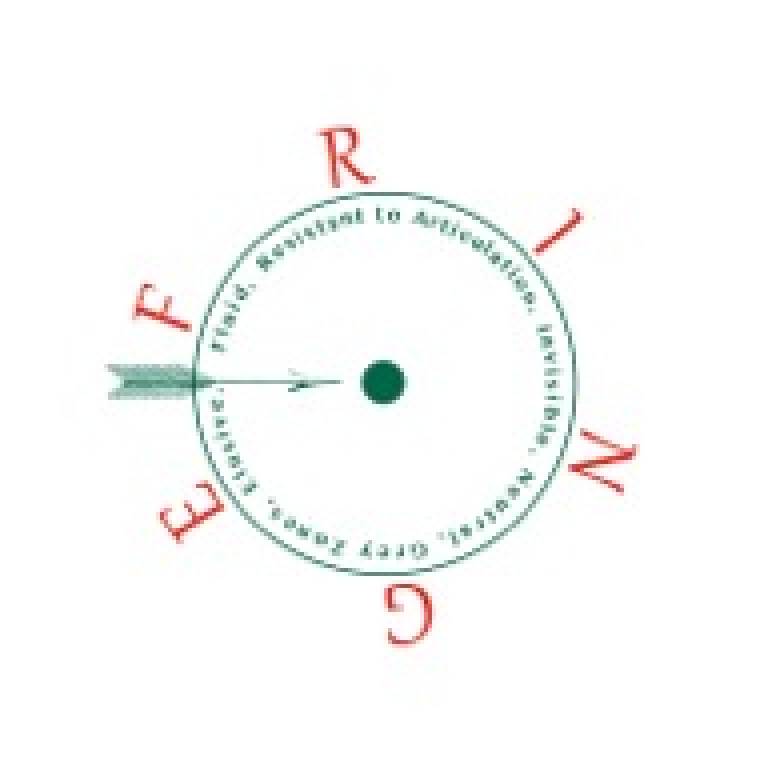The Art of Dissident Domesticity: Incarceration, Sovereignty, Information
06 October 2015, 6:00 pm–8:00 pm

Event Information
Location
-
Masaryk Senior Common Room, SSEES, 16 Taviton Street, WC1H 0BW
A #FRINGEcentre launch event
This talk is a launch event for the
UCL FRINGE Centre: The Centre for the Study of Social and Cultural Complexity.
More details to follow on the night.
This talk explores the relationship between state and international orders of coercion and control by exploring the intersections of digital media, popular culture, and high art. It elaborates the concept of dissident domesticity which refers to the fact that while state and imperial power and trans-state information technologies appear to be both public and secretive they are in fact at their most controlling when they blur the lines between public and private, formal and intimate, legal and affective, authentic and fictional. The talk juxtaposes three frames of historical, ethnographic and artistic reference: the historical frame of the British Imperial world—with its forms of mobility and control of motion—that sets the conditions of incarceration and control of information produce and maintain fictions of a global order of states; historical and contemporary sites of diplomatic asylum, which simultaneously incarcerate and provide extra-territorial enclaves for political sedition; and an ongoing fieldwork project on immigration detention centres in the UK today, which explores fictions about national security through the production of art works with detainees. This work is based on a confluence of ethnographic and archival work and contemporary art. On a reflexive level it examines the relationship between scholarship, art, and design.
Speaker Profiles
Jesse Weaver Shipley is a filmmaker, writer, and ethnographer. He received his Ph.D. in Anthropology from University of Chicago and is Associate Professor of Anthropology at Haverford College. He is concerned with urban life, labor, entrepreneurship, mobility, and new media technologies as they relate to life under changing economic regimes. His ethnographic research focuses on performance, popular culture, music, youth, and technology in Ghana and recent African Diasporas. He is the author of Living the Hiplife: Celebrity and Entrepreneurship in Ghanaian Popular Music (Duke University Press 2013). His articles appear in journals including Public Culture, American Ethnologist, Cultural Anthropology, and Social Text. Recent films include the feature documentary Living the Hiplife: Musical Life in the Streets of Accra (2007), the multi-channel video installation Black Star (2012), and Is It Sweet? (2013). His new book Trickster Theatre: The Poetics of Freedom in Urban Africa (Indiana University Press 2015).
Khadija von Zinnenburg Carroll is currently working on a research, exhibition and film project ‘Security: A fiction’ about immigration detention, supported by the European Research Council at the University of Oxford. She wrote her PhD at Harvard University on ‘Imaging Nation: Colonial History and Contemporary Australian Art’ and is the author of the book ‘Art in the Time of Colony’ (2014). She has recently exhibited at venues including Haus der Kulturen der Welt Berlin, Extracity Antwerp, Project Space Dublin and the Irish Film Institute.
Michał Murawski is Mellon Post-Doctoral Fellow at the School of
Slavonic and Eastern European Studies, University College London. He completed
his PhD in Social Anthropology at Cambridge in 2014. With a focus on Warsaw and
Moscow, his work examines how cities in Eastern Europe grapple with
socialist-era legacies in their built environments. He is currently working
on Palace Complex, a book about a Stalinist skyscraper’s
continuing domination over the everyday social, aesthetic and affective life of
21st century Warsaw.
For information about FRINGE, please
contact a.bonsu@ucl.ac.uk
For details about the event, please contact m.murawski@ucl.ac.uk
 Close
Close

